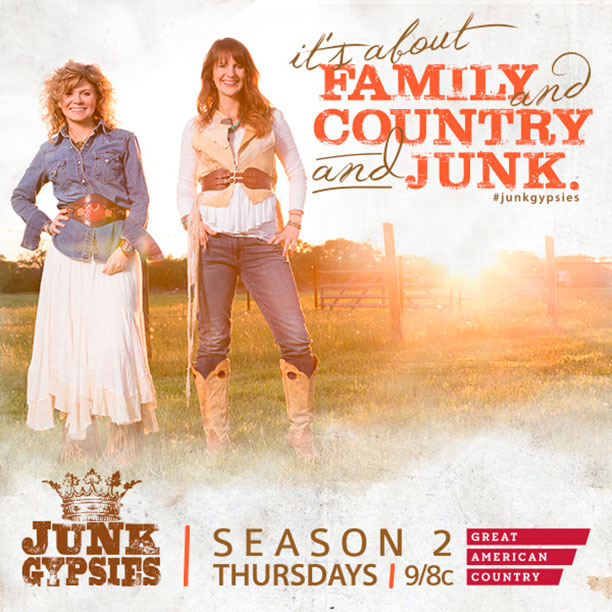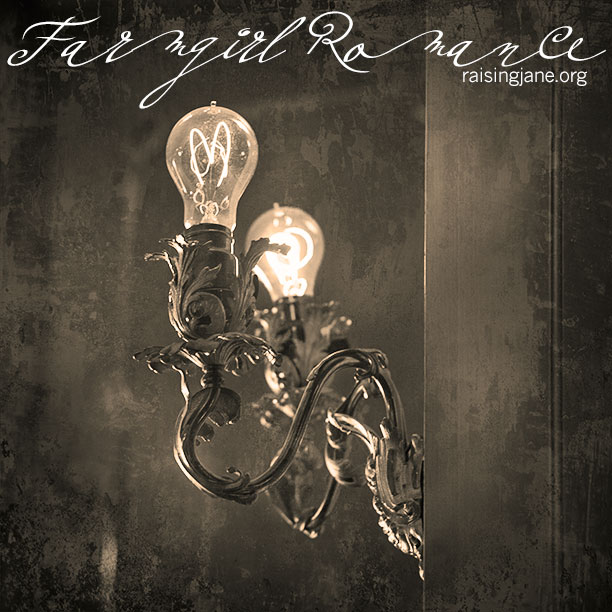
-
Buy props used in MaryJane’s books and magazine!
5% of profits will benefit www.firstbook.org, a non-profit that provides new books to children from low-income families throughout the U.S. and Canada.

Here’s how:
MaryJane will post a photo and a description of a prop and its cost along with a few details as to its condition here: https://shop.maryjanesfarm.org/MaryJanesCurations. It’s a playful way to be the new owner of a little bit of farm herstory.






















































Farmgirl Glamour Gals!